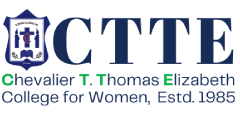


✅ Eligibility Criteria
The Department of Business Administration (BBA) is committed to developing future business leaders by providing a strong foundation in management principles, entrepreneurship, and corporate strategies. Established to meet the evolving demands of the business world, the department emphasizes a holistic learning experience that integrates academic excellence with real-world applications.
Program Highlights
Career Opportunities
Graduates can explore careers in management, marketing, finance, human resources, entrepreneurship, consulting, and business analytics. Many students also pursue higher education such as MBA, MSW, CA, and professional certifications for career advancement.
